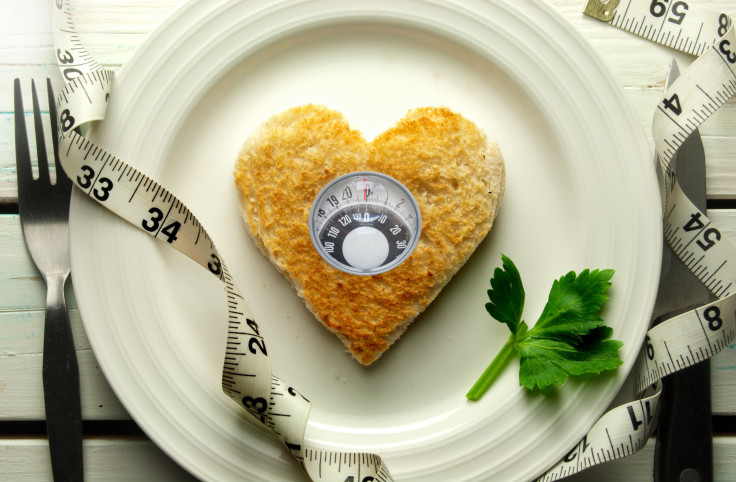Diet High In Refined Carbohydrates Could Increase Risk Of Depression In Postmenopausal Women, Research Finds

Carbohydrates have a bad rap when it comes to dieting, and cutting them may provide benefits beyond weight loss. When researchers from Columbia University Medical Center took a closer look into what’s causing depression in postmenopausal women, they found refined carbohydrates could be the culprit. The study, published in The American Journal of Clinical Nutrition, reveals a woman’s diet rich in refined carbohydrates could be increasing her risk for depression.
When refined carbohydrates are eaten, the body begins to rapidly break the food down and convert it into simple sugars, which are then absorbed into the bloodstream. Foods higher in refined carbohydrates have high glycemic index (GI) scores and should be avoided unless they’re loaded up with colon-friendly fiber. The GI is a scale designed to gauge how a certain food will affect blood sugar levels. Foods with a high glycemic index can be expected to lead to a high blood sugar level, especially when they’re eaten alone or often.
Researchers believe refined foods trigger a hormonal response in the body to reduce blood sugar levels, which exacerbates mood swings, fatigue, and other symptoms of depression. Unpredictable hormone fluctuations in addition to stress, body image, sexuality, infertility, and aging can cause emotional distress, leading to depression, according to the North American Menopause Society. By curbing the diet with healthy, nutrient-rich foods, women may give their body a chance to alleviate some of the oppressing symptoms from depression.
After examining more than 70,000 postmenopausal women’s diet for GI scores, types of carbohydrates consumed, along with depression records, researchers found those with higher GI scores coupled with consumption of added sugars and refined grains were more likely to be depressed. The inverse was true. Women who consumed more dietary fiber, whole grains, vegetables, and fruit, were less likely to be depressed.
The findings provide enough evidence to prove dietary interventions could serve as a viable treatment or prevention measure for depression, according to researchers. Their next step will be to test how diets low in carbs affect women’s mental health long-term.
There are diets tailored to eliminate carbs; however, it’s important to know what foods to cut and what to keep. Carbs are a macronutrient, making them a necessary source of fuel for the body broken up into two different categories: simple and complex. It’s important to be careful and to become educated in order to safely eliminate carbs from your everday diet.
Carbs to Cut:
- Pastries and cakes
- Ice cream
- Bagels and most breads
- Potato or corn chips
- Soda
- Sweetened yogurt
- Pudding
- White Rice
- Candy and table sugar
- Breaded and battered fried foods
Carbs to Keep:
- Popcorn
- Meat, poultry, and seafood
- Fruit
- Vegetables
- Whole grain rice, oats, and quinoa
- Nuts
- Beans, peas, and lentils
- Eggs
- Avocados
- Soy products
Source: Gangwisch J, Hale L, Garcia L, et al. High Glycemic Index Diet as a Risk Factor for Depression: Analyses from the Women’s Health Initiative. The American Journal of Clinical Nutrition. 2015.
Published by Medicaldaily.com



























